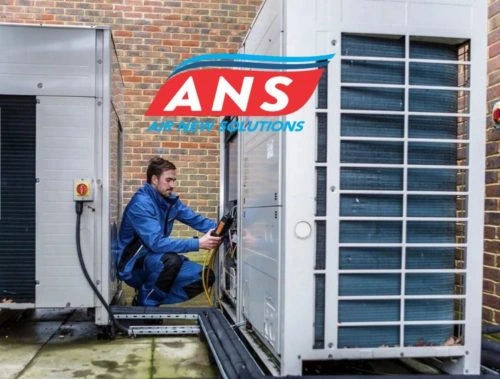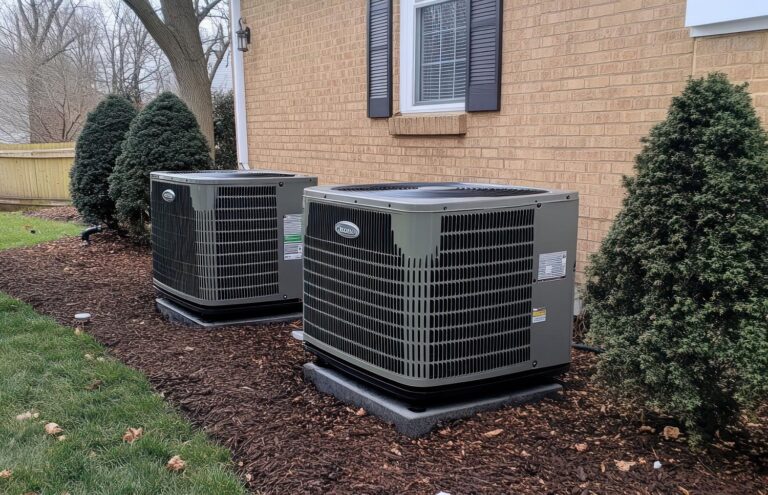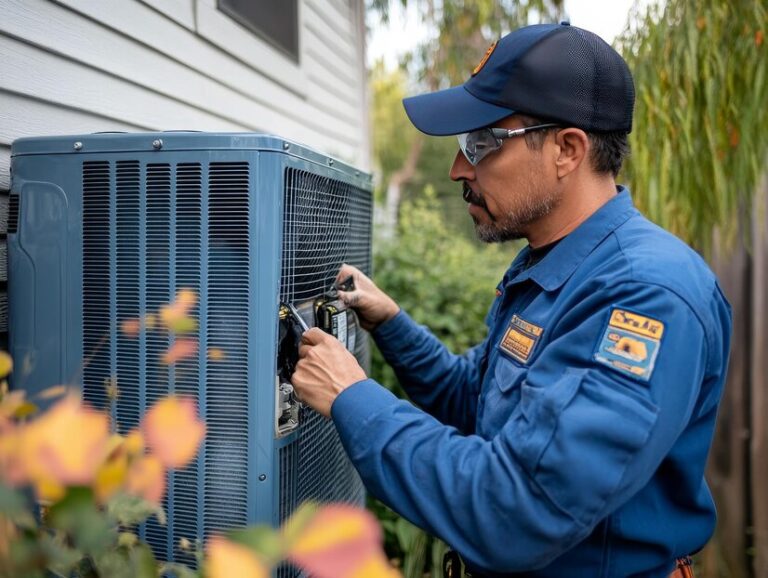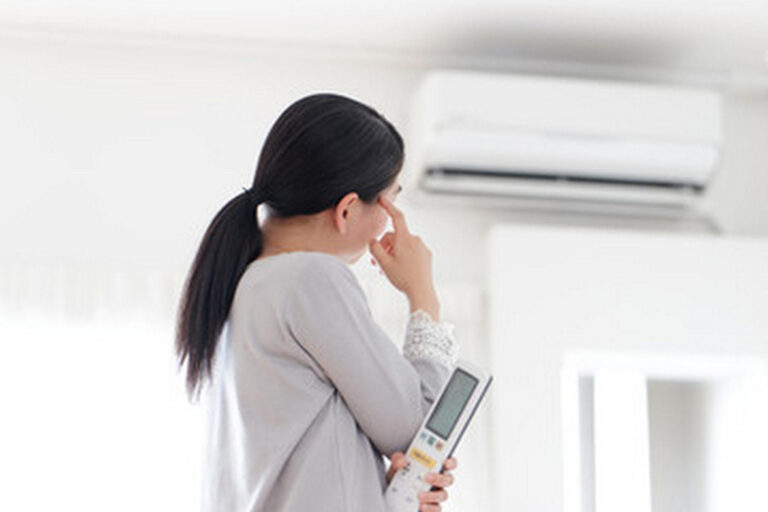To ensure that your commercial building Air conditioner system operates as intended, it is important to periodically inspect and maintain high-efficiency filters.
Failure to use the appropriate air filtration system or poor maintenance of the filtered air can lower your indoor air quality while pushing your air conditioner unit to work harder than required.
For your commercial building ventilation system, a cleaning and maintenance expert may recommend MERV 8-14 rating.
The National Air Filtration Association and the American Society of Heating, Refrigerating, and Air-Conditioning Engineers (ASHRAE) provide professional guides for air filtration and air cleaning in commercial buildings.
Qualified and dependable ventilation cleaning services providers will abide by the best industry standards and guidelines to deliver the sustainable results that you are looking for.
Frequently Asked Questions (FAQ)
In the backdrop of the Covid-19 or Wuhan virus pandemic, it is pertinent to understand how infectious disease transmission of respiratory viruses such as the novel coronavirus occurs, and what commercial building facility managers and owners can do to prevent or mitigate the risk.
Yes. Research shows that an individual suffering from a virus-based respiratory infection, such as Covid-19 or the common flu can generate tiny droplets through coughing and sneezing.
These droplets can contain the virus, which can be as small as 0.5 microns (one-thousandth of a millimeter) or big enough to be visible to the naked eye.
The virus can travel through these droplets in the air and cause transmission of the disease.
If you are using the re-circulation of air in your building, you should switch to 100% supply air to improve ventilation.
Viruses are more likely to spread in the building from inside rather than from external sources.
Increased supply of fresh air will dilute the presence of viruses in the air and cut down the risk of spread throughout the confined spaces.
Yes. However, the efficacy will depend on how efficient is your air filtration system and how well-maintained it may be.
Droplets that are more likely to carry the infection are typically of a size of at least one micron or higher, so the chances of virus transmission can be significantly reduced with a HEPA filter or with other high-efficiency filters.
In principle, upgrading to a higher efficiency air filtration system will mitigate the risk of Covid-19 spread in a better way.
But your facility maintenance expert will focus on other considerations as well.
For example, they will assess whether the air handling unit is capable of dealing with the higher air resistance over the filter?
Are the gaskets and other seals sufficiently secure to justify the upgrading of filters?
Generally speaking, upgrading the filter by one or two notches should not create an issue.
But a significant upgrading will require additional evaluation and steps.
No. Once the novel coronavirus or other such airborne viruses are captured in the air filter, they will be firmly bound to the filter media fibers.
Therefore, after it has captured, the virus will remain stuck and eventually become inactive (in other words, it will die.)
Research has shown that these infectious viruses, including Covid-19, do not survive for very long on open surfaces.
No, it is not required in every case.
They will need to be periodically replaced because of the high-pressure drops or some other hygiene-related reasons.
But it is not necessary to do so just because of the coronavirus outbreak.
However, it is vital to follow proper building cleaning and maintenance protocol with a certified facility maintenance provider.
Use air cleaning devices for improving internal airflow and ventilation.
A number of air cleaners, ionizers, ultraviolet (UV) devices, and ozone generators are available on the market, which can fight indoor air pollutants.
With air purifiers and air cleaners, the benefit is that you can apply superior air filtration efficiency to areas where it may have otherwise been difficult.
Particularly in high-risk zones in the building (such as waiting areas where many people come together), it is prudent to make use of air cleaners.
Air Filtration Is Essential
While it is not mandatory to change your commercial Air conditioner system air filters following the Covid-19 crisis, it is more necessary than ever to follow the recommended maintenance schedule.
If the change is due according to your facility maintenance provider, you must not delay it.
Airflow will deteriorate if you keep using air filters that have lived out their life.
Moreover, low-efficiency operations will eventually increase your energy bills and other building hygiene issues will also come into play over time (such as mold growth and unpleasant smell).
Correct air filtration is one of the simple ways for commercial property managers and building owners to run their building cost-effectively and efficiently while prioritizing the health and comfort of the building occupants and visitors.
It is best to consult with a reliable and reputable facility maintenance company before you go ahead with making an upgrade or changes to your air filtration system.
They can determine how your HVAC system can best meet your unique building requirements.
Air Filtration Efficiency
Air filters with a MERV of 8 to 10 are commonly used for commercial buildings.
In specialized building facilities, such as hospitals, it may be necessary to use HEPA filters, which have a higher MERV rating of 17 to 20.
The HEPA filter can eliminate extremely tiny viruses and particles of up to 0.3 micrometers.
But high-pressure drops are more likely to occur when you increase the filtration efficiency of the HVAC system to these levels.
The pressure drop will obstruct the airflow of the air conditioner.
Another concern with replacement is air bypass.
This occurs when rather than passing through the filter the air begins to move around it.
Incorrect installation and sizing issues can significantly reduce the efficacy of your HVAC filtration system.
Commercial facility managers should know while switching to a dependable air filtration system would cost more than a basic repair, but the costs are worth it in the long run in terms of improved building efficiency and health value for the tenants who occupy the building.
Research also shows that clean and healthy indoor air quality can increase worker productivity over time.
Hopefully, you gained some valuable knowledge from this post. If you have any further questions or would like to have one of our technicians come out and give you a free quote, please feel free to contact us at (305) 967-4684







